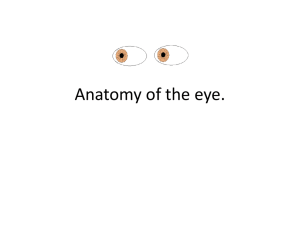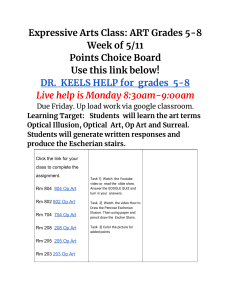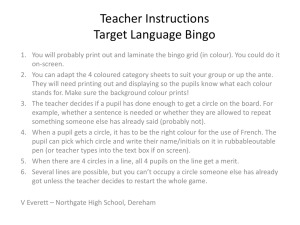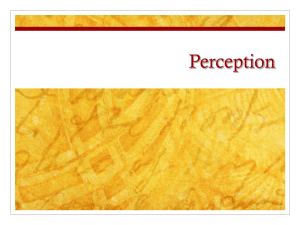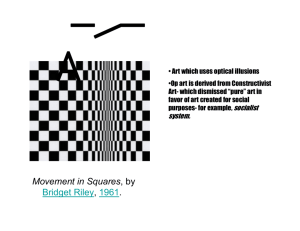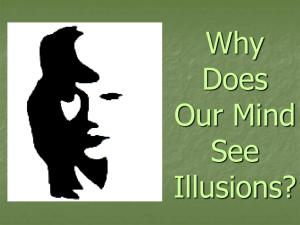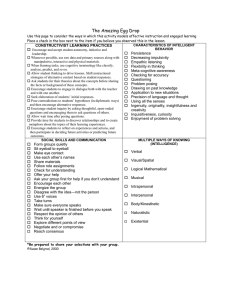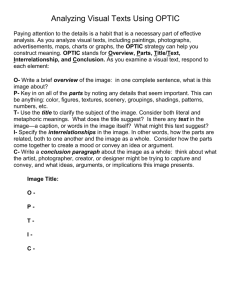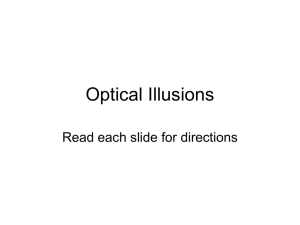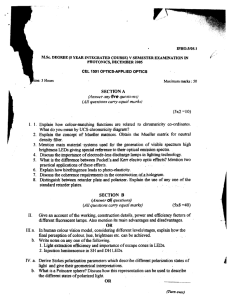Optics Unit Final
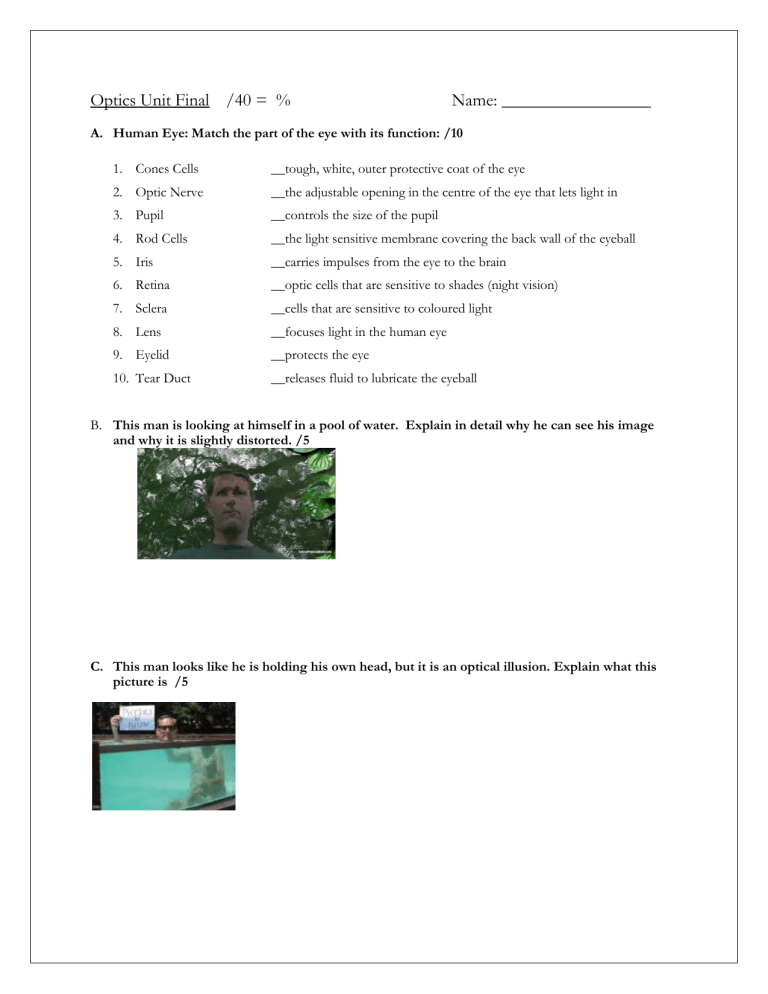
Optics Unit Final /40 = % Name: _________________
A.
Human Eye: Match the part of the eye with its function: /10
1.
Cones Cells __tough, white, outer protective coat of the eye
2.
Optic Nerve __the adjustable opening in the centre of the eye that lets light in
3.
Pupil
4.
Rod Cells
__controls the size of the pupil
__the light sensitive membrane covering the back wall of the eyeball
5.
Iris
6.
Retina
__carries impulses from the eye to the brain
__optic cells that are sensitive to shades (night vision)
7.
Sclera
8.
Lens
9.
Eyelid
__cells that are sensitive to coloured light
__focuses light in the human eye
__protects the eye
__releases fluid to lubricate the eyeball 10.
Tear Duct
B.
This man is looking at himself in a pool of water. Explain in detail why he can see his image
and why it is slightly distorted. /5
C.
This man looks like he is holding his own head, but it is an optical illusion. Explain what this picture is /5
D.
You can use a magnifying glass to start a fire. How is this possible? Explain. /5
E.
True or False. /10
___
___
___
___
___
___
___
___
___
___
A glow stick is an example of chemiluminescence.
White light is made up of all the colours in the rainbow.
Optical engineers have used refraction to create the illusion of invisibility.
The visible spectrum includes UV light.
The deeper you go underwater, the less colour you are able to see.
Salmon respond to UV light.
Bioluminescence refers to light from a living organism.
If you wear black clothing, you absorb most of the visible spectrum of light.
Light travels faster than sound.
UV light damages skin and eyes.
F.
You are looking at a colourful painting in a well-lit gallery. How do you detect colour? Explain in terms of the behaviour of light. /5
